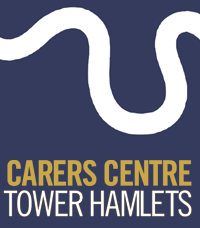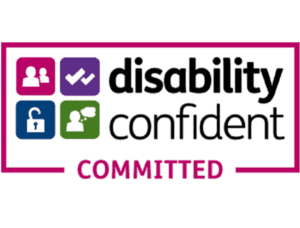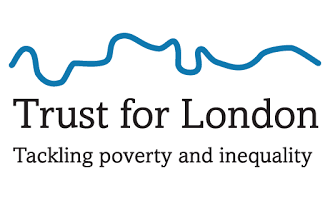Hello Everyone
Firstly sorry for there not being a Blog on Monday but I was sick but I am back and raring to go. Quick update on my parents which is there is no update, things seem to be moving at a glacial pace and I am no further forward to organising anything for them both due to the statutory services backlogged, which I mean Adult Social Care but from a professional point of view I can understand the backlog. Dad nearly had to be admitted but with a change of medication which we collected on our way home from Mum’s managed to turn his Edema , as well as getting a Sunday Lunch ingredients. Thank god for Aunt Bessie as my dad now often chants.
Don’t forget we have a great Carers Forum Planned today and tomorrow is the Carers Mental Health Programme with Talking Therapies on Goal and commitment setting – email tony@ccth.org.uk
Also it is St Patricks Day tomorrow and Wishing you all the luck of the Irish..

Also talking of feedback, I have been advised by the Carer Wellbeing Champions to send out reminder emails to carer with each blog’s direct link. If you want this please email and I will add to the list.

Thursday 17th March – 1.30pm to 2.30pm – Carers Mental Health Programme with Talking Therapies
Goal Setting & Commitment
Carers often tell us they have difficulty maintaining their commitment to a diet, exercise class, people. So, we thought that it could be due to juggling new initiatives, the caring role, parenting, exhaustion or simply needed guidance and this could lead to it turning out short lived? How about some help and ideas on how to manage commitments for longer and successfully achieve some of your goals?
If you want to attend this workshop you will need to sign up, commit and complete a form beforehand, carers will not be accepted onto this workshop without doing these tasks. So if you want to have a place then email tony@ccth.org.uk and he will help you sort your spot.
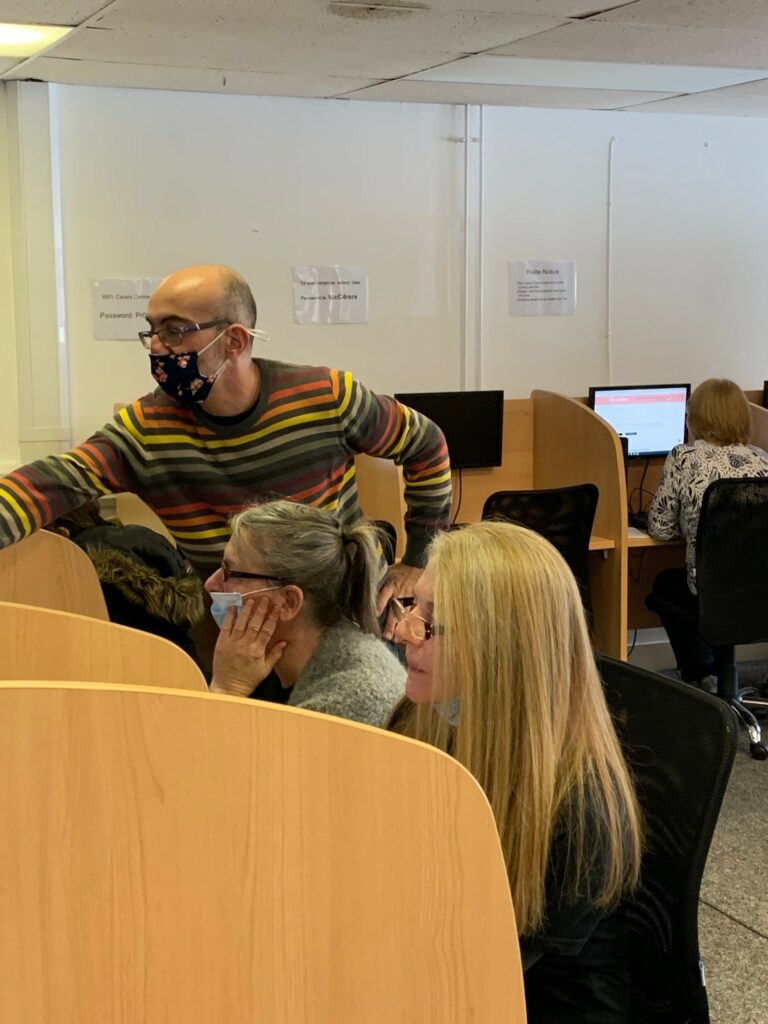
Digital Life Skills for Carers
Just wanted to report on how brilliant the Digital Life Skills for carers has been and is continuing to the end of the month with a hopeful follow up course for more carers to undertake. The carers who have attended have reported that their knowledge and ability has improved no end, and carers look forward to using the Internet and apps for their everyday life including help with caring tasks like medical appointments. shopping and ordering the essentials.
Congratulations to the carers on their continued success
This Weeks Activities
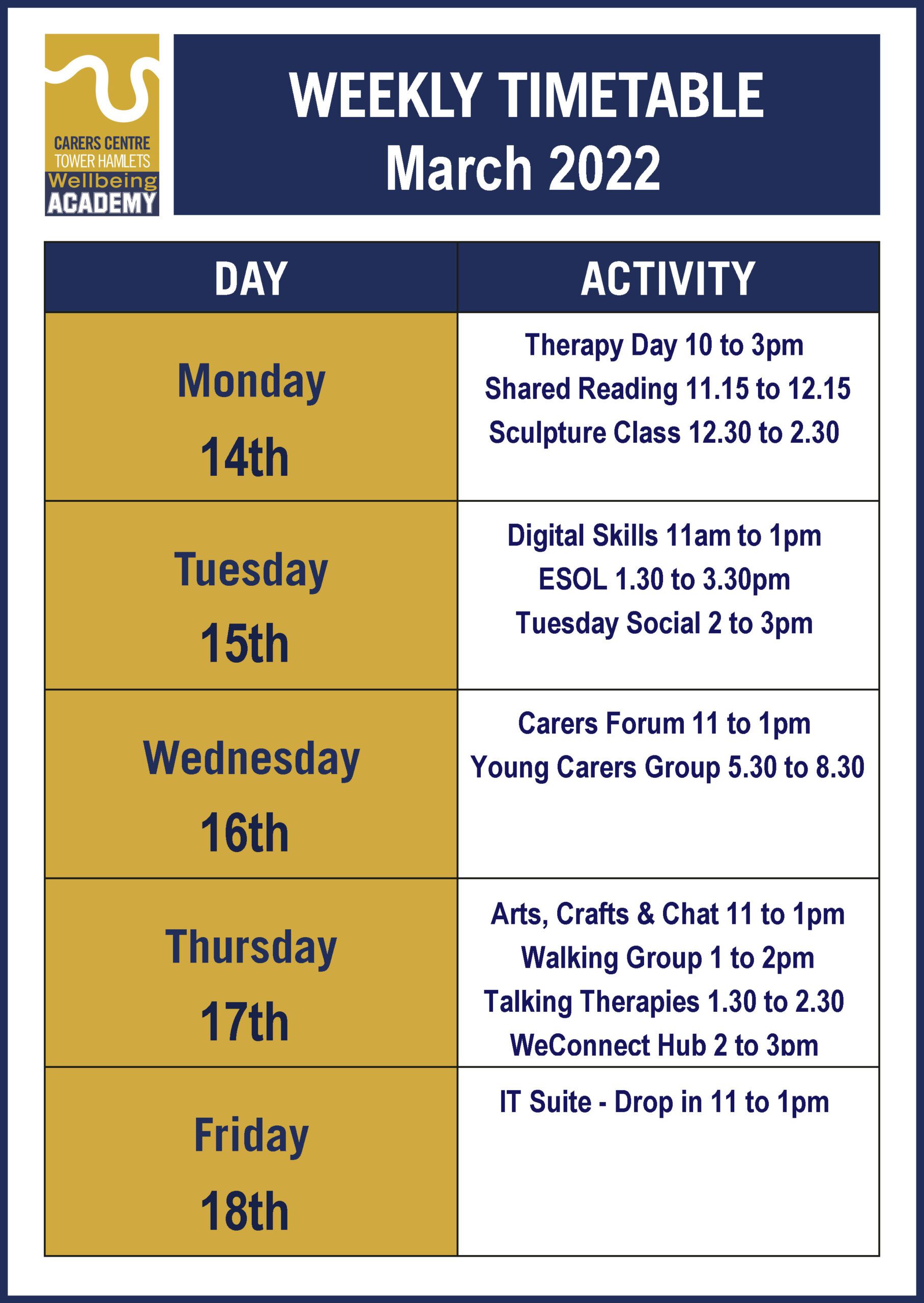

|
Today, we have released new research based on a survey of over 3,300 carers which reveals that the financial pressure that many unpaid carers are facing has now become unsustainable. You can download the research briefing here. Please see our press release here. As you will know, caring often comes with additional costs that can have a significant impact on carers’ finances, and many carers suffer financial hardship as a direct result of the care they provide. With energy bills currently soaring and the cost of food and everyday items spiralling, we are now extremely concerned that carers in the UK are facing a cost of living crisis. Carers told us last year that they were having to dip into their savings, use credit cards, and cut back on essentials to keep the person they care for warm and healthy. Our new research today reveals that just under half (45%) of unpaid carers are currently unable to manage their monthly expenses and that any further increases in energy bills will negatively affect their own physical and mental health or that of the person they care for. Many also said they were having to take difficult steps to manage their monthly expenses; 58% have cut back on heating while 14% have already fallen into arrears with their energy bills. In the months ahead, 42% thought that they would not be able to heat their home to a safe level, while 32% are worried they will have to use a food bank. We are very concerned that unprecedented levels of stress and financial worries are now being piled on unpaid carers after an extremely challenging two years caring through COVID-19. Without immediate action from Government we are concerned that hundreds of thousands of carers will be unable to cope. To ensure carers are supported during this extremely difficult time, Carers UK is calling on the UK Government to immediately: 1. Increase Carer’s Allowance and other benefits in line with current inflation predictions for April 2022. Carer’s Allowance is set to rise by only 3.1% in April 2022, while inflation (CPI) is expected to reach 7.25%. 2. Extend the Warm Home Discount scheme to ensure that it include carers. This is in recognition of the additional energy costs often faced by unpaid carers. 3. Address the lack of financial security that many carers have faced for years as a direct result of their caring responsibilities. We particularly want to see the Government increase the level of carers’ benefits including Carer’s Allowance so that it is no longer the lowest benefit of its kind. We also want to see the earnings limit for those claiming Carer’s Allowance to rise, so that it is at least equal to 16 hours work at the National Living Wage (and pegged to it in future years), and to provide a Carer’s Allowance Supplement to all carers with an entitlement in England, Wales and Northern Ireland – as those in Scotland have received since 2018 – so all carers across the UK receive the same level of support.
Complete our campaign action and write to your MP using our template letter. Please make any carers that you are in contact with aware of our campaign, and ask them to also write to their MP. Sign our open letter to the Chancellor – the deadline for signatures is 5pm on 17 March. Email john.perryman@carersuk.org for more information. · Support our campaign on social media – please see our social media toolkit |
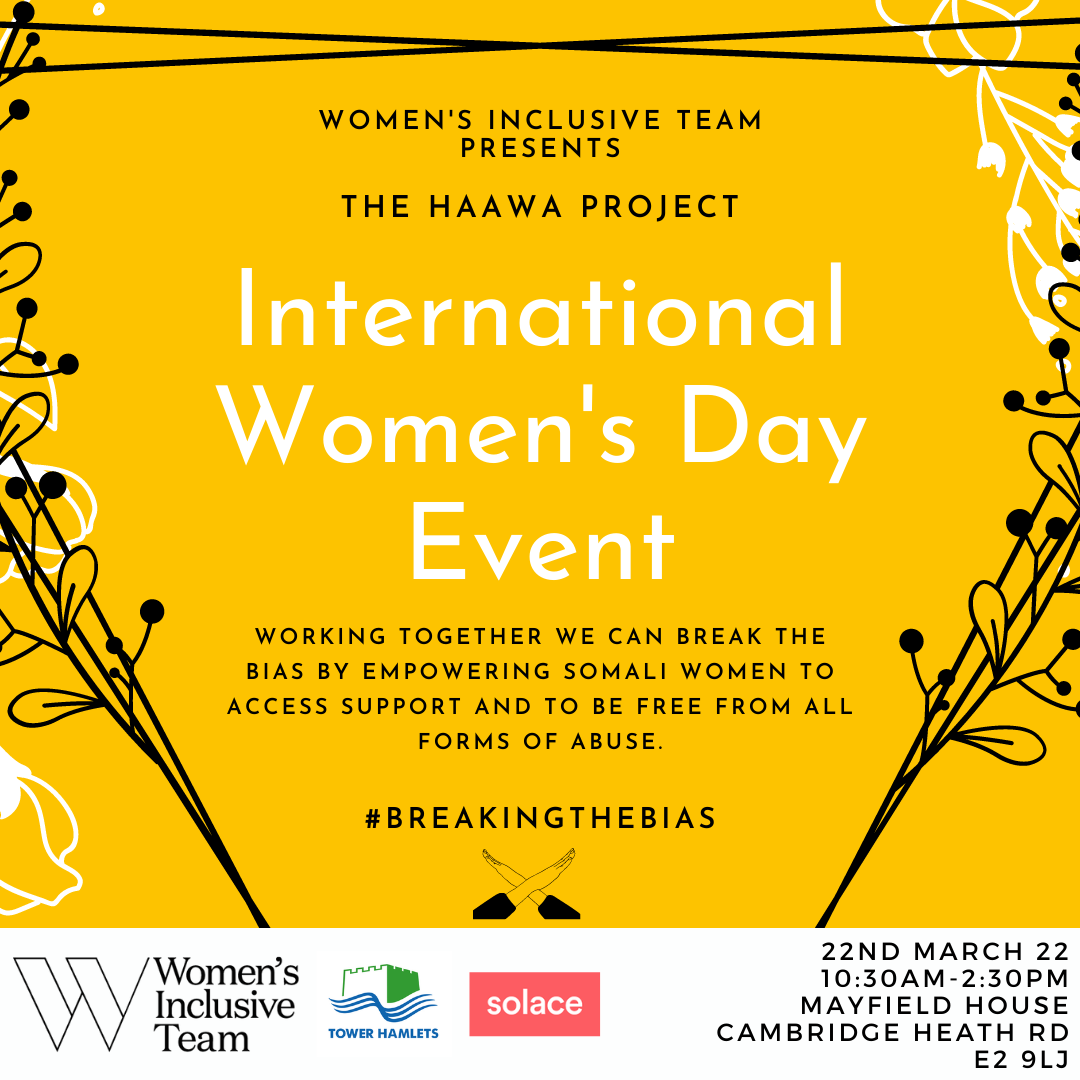
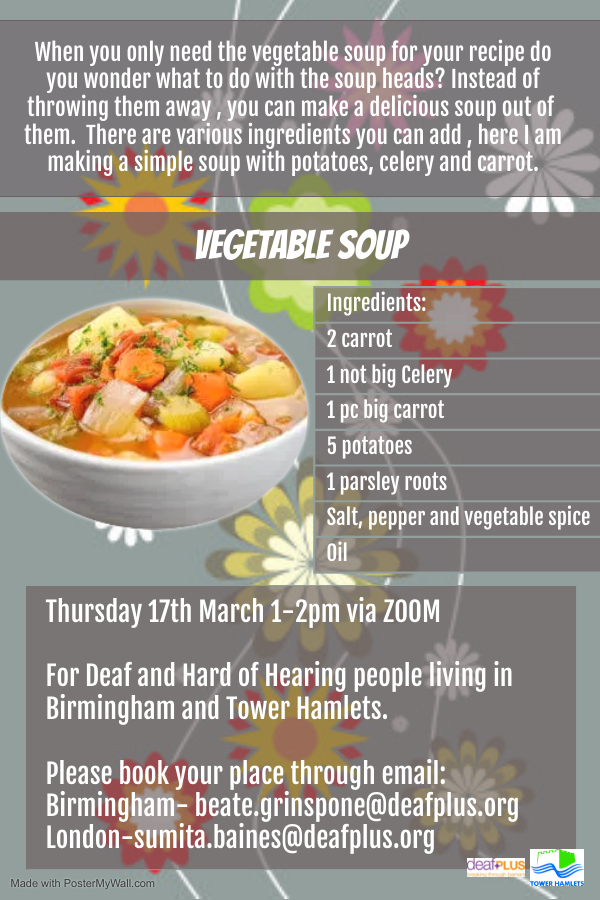

Did you know……
Yoga for Carers – March 23rd 2.30pm to 4pm at London Buddhist Centre
The Academy has commissioned Breathing Space to deliver a much-requested taster session on Yoga for Carers to aid their wellbeing. It takes place at the Buddhist Centre and did you know that yoga can support your wellbeing in the following ways?
Yoga improves strength, balance, and flexibility. …
Yoga helps with back pain relief. …
Yoga can ease arthritis symptoms. …
Yoga benefits heart health. …
Yoga relaxes you, to help you sleep better.
Learn some basic poses to help the body to stretch and release. Open to all levels of experience, including complete beginners.
We have 12 places, and you can only reserve your place by emailing tony@ccth.org.uk

Check out a new free course that has just been launched that focuses on carer wellbeing. It is called ‘Physical activity for health and wellbeing in the caring role’ and has been kindly endorsed by the Carers Trust. The course is 6 hours in length and learners can achieve a ‘badge’ on completion of the end quiz, and this can be added on a CV to evidence their learning/continuous professional development. We hope that it will be helpful to those working with carers, including carer centre staff, those supporting carers less formally and importantly carers themselves!
A carers guide to home fire safety
A new video resource has been launched on the London Fire Brigade website to help carers learn how to keep people that receive care safe from fire.
Sadly, around one third of those here who die or are severely injured by fire are in receipt of some form of care or support. If you are a formal (domiciliary care worker, support worker or clinician) or informal carer (family member, friend or neighbour) and are caring for someone in their own home, this new resource will help you identify fire risks and show you what you can do to reduce them. There is also more information available on the website around fire safety and prevention.
Watch the video >

ELOP’s LGBT+ Groups
Join our fun, friendly and non-judgemental safe space to meet new people and discuss LGBT+ topics!
LGBT+ Over 50 Social Group
Every Monday 1.00 – 2.30pm, online
LGBT+ Social Support Group
Every Tuesday 7.00 – 8.30pm, online
Stonewall – https://www.stonewall.org.uk/
LONDON Friend – https://londonfriend.org.uk/
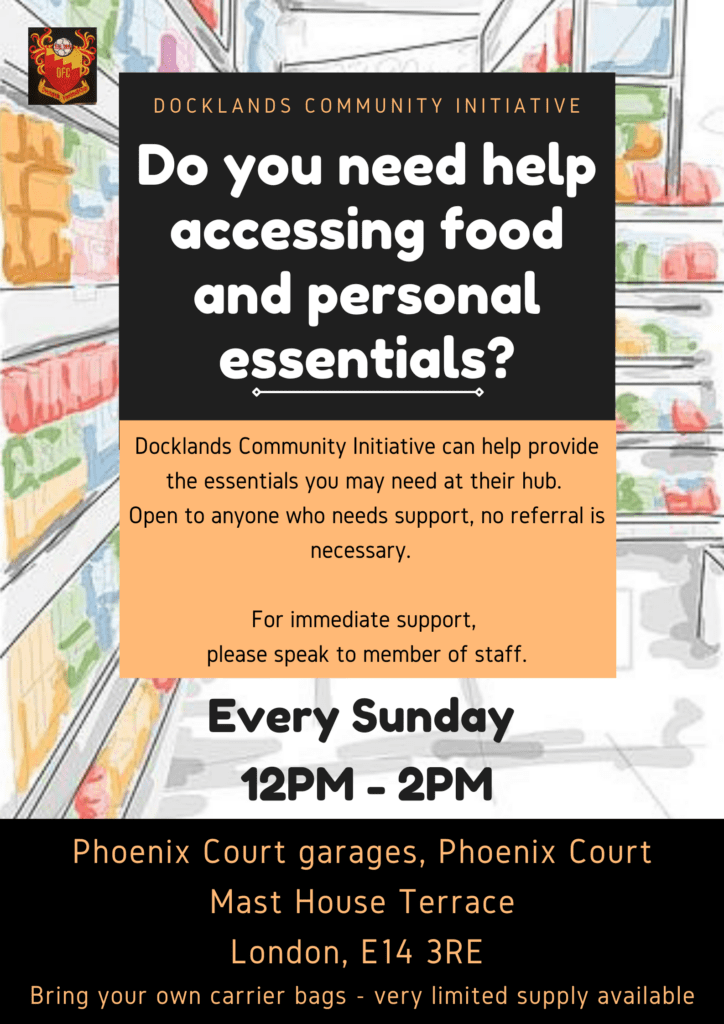
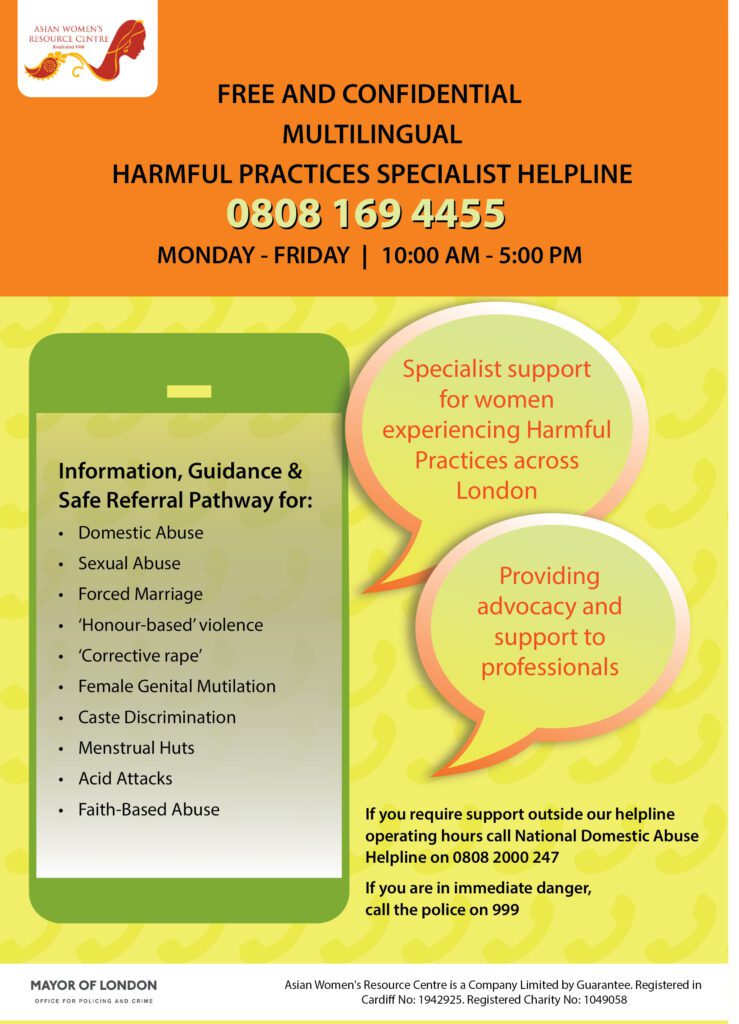
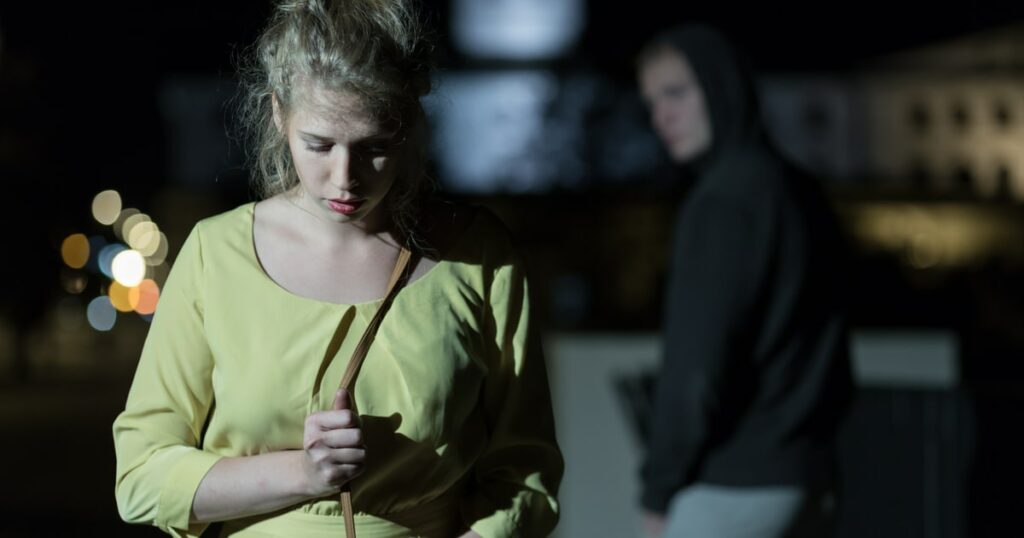
WALKING ALONE? REMEMBER THESE 10 TIPS
1) Plan Your Route
Make sure you plan your route ahead of time. If you are walking in an area you are not familiar with, this can help keep you from getting lost. You will be able to walk with confidence. If you do get lost, don’t wander aimlessly, find a gas station, supermarket, or fast-food restaurant where you can ask for directions.
2) Make Sure Someone Else Knows Your Plans
Don’t go out when it is dark without telling someone, even if you are just taking the dogs out for a walk around your neighbourhood or walking home from a friend’s house nearby. It may seem paranoid, but in fact, knowing someone knows where you are can be reassuring and help you feel safe. If you fall and hurt yourself or run into trouble, and someone knows where you are, they can send help if you don’t arrive at your destination on time.
3) Always Carry Your Phone with You
Always carry your phone, but not for music or to make social calls as your walk. Your phone can be a lifeline if you see something suspicious or worse if something happens to you. Download a safety app on your phone, so you’ll be able to discreetly alert the authorities if you feel threatened or see something suspicious.
4) Avoid Suspicious People and Areas
Areas that are dark, deserted, or out-of-the-way, such as an alley or a parking lot, can be riskier than a well-lit area full of people. Stick to busy, lighted paths, to minimize the risks. Also, walk mainly in familiar places where you are known. That way, if you feel like a suspicious person is following you, you can always duck into a store you know or knock on a neighbour’s door. Avoid empty streets and pathways with thick shrubbery.
5) Keep Your Hands Free
Except for a flashlight and one of the items discussed below, keep your hands free. If you are carrying anything, put it all in one bag or backpack. This will make it easier for you to react if you notice someone following you. In a dangerous situation, carrying too many bags can keep you from moving as quickly as you can if your hands are free or if you only have one bag.
6) Carry a Non-Violent Deterrent
In addition to a flashlight, carry a non-violent deterrent such as a whistle, mace, or pepper spray. A whistle will help you alert others and call them to aid you if something is wrong. The loud noise may put off attackers, and they’ll move on to find someone else. Mace or pepper spray can give you enough time to evade a potential attacker, and in a pinch, a flashlight can be used as a weapon. Make sure you know how to use the mace or pepper spray to get its full effect.
7) Wear Reflective Clothing to Prevent Accidents
When it comes to personal safety, it’s not just about suspicious people. Areas with low visibility can be prone to accidents. Reflective clothing allows bikers and cars to see you as you walk along. A flashlight or headlight can also help drivers see you if there are dark stretches of road on your route.
8) Take a Self-Defence Class
When fighting off something as an assault, the element of surprise can work in your favour. If you regularly walk alone, take a self-defence class. You don’t have to become a black belt. In fact, it’s probably better to learn something like Krav Maga, which has been popular for self-defence. The idea is to disable your attacker enough for you to get to safety, and a class focused on self-defence will help give you those survival skills.
9) Remove Any Distractions
Keep your phone in your hand in case you need to hit the panic button on your safety app, but don’t let it distract you. When walking alone at night for exercise, music can be motivating and energizing but also distracting. You may not hear someone driving or walking up behind you. Avoid wearing headphones or talking on your phone as you walk.
10) Trust Your Gut
When walking alone at night, trust your gut. If you feel like an area or situation may be dangerous, don’t wait around to find out. Stop and scan your surroundings if you think someone is following you. If you are being followed, walk as quickly as you can to a well-lit public place. You can wait until you feel safe, or call a friend, a taxi, or an Uber to help you get safely get home at night.
Following these personal safety tips will help keep you stay safe when walking alone. Always be aware of where you are and alert to suspicious activity.

Important Numbers:
Domestic Violence Duty Line: 020 7364 4986 between 9am – 5pm.Victim Support: 020 7364 2448/7957
Just wishing everyone a peaceful, safe and week and remember if you need information and advice from the Carers Centre just email enquiries@ccth.org.uk
Tony Collins-Moore
Carers Wellbeing Academy Manager

Opening hours
Monday - Friday – 9.30am – 5pm
Saturday and Sunday – Closed
